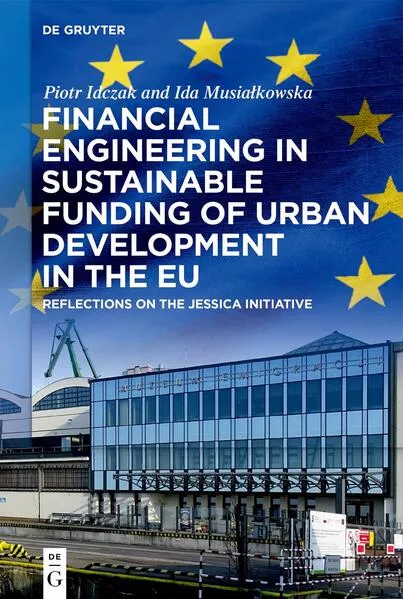
- Publikationen ca: 4
- Fragen & Antworten
Piotr Idczak
Financial Engineering in Sustainable Funding of Urban Development in the EU
This theoretically rooted and research-based book provides insights on the JESSICA funding model which – unlike the traditional non-repayable aid – focuses on supporting sustainable urban development projects in a repayable and recyclable way. Looking through the lens of the JESSICA financial engineering mechanism used in urban transformation, it examines the functioning and performance thereof and formulates policy recommendations for the future.
Financial Engineering in Sustainable Funding of Urban Development in the EU
This theoretically rooted and research-based book provides insights on the JESSICA funding model which – unlike the traditional non-repayable aid – focuses on supporting sustainable urban development projects in a repayable and recyclable way. Looking through the lens of the JESSICA financial engineering mechanism used in urban transformation, it examines the functioning and performance thereof and formulates policy recommendations for the future.
Financial Engineering in Sustainable Funding of Urban Development in the EU
This theoretically rooted and research-based book provides insights on the JESSICA funding model which – unlike the traditional non-repayable aid – focuses on supporting sustainable urban development projects in a repayable and recyclable way. Looking through the lens of the JESSICA financial engineering mechanism used in urban transformation, it examines the functioning and performance thereof and formulates policy recommendations for the future.
Financial Engineering in Sustainable Funding of Urban Development in the EU
This theoretically rooted and research-based book provides insights on the JESSICA funding model which – unlike the traditional non-repayable aid – focuses on supporting sustainable urban development projects in a repayable and recyclable way. Looking through the lens of the JESSICA financial engineering mechanism used in urban transformation, it examines the functioning and performance thereof and formulates policy recommendations for the future.



